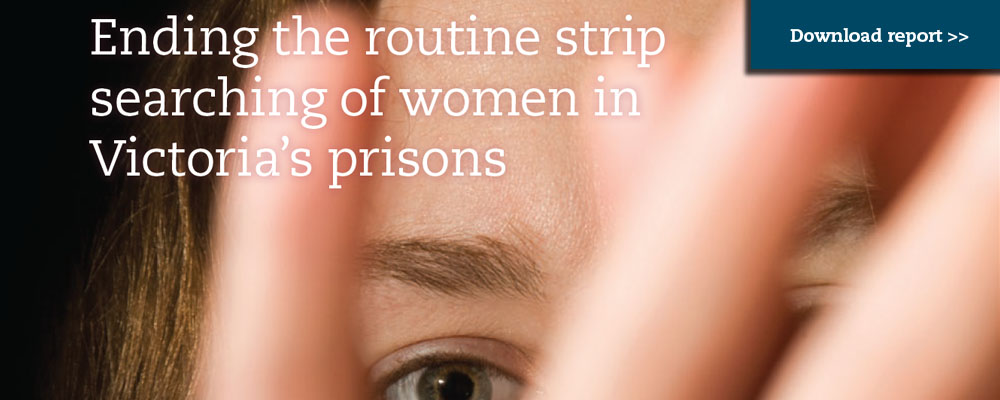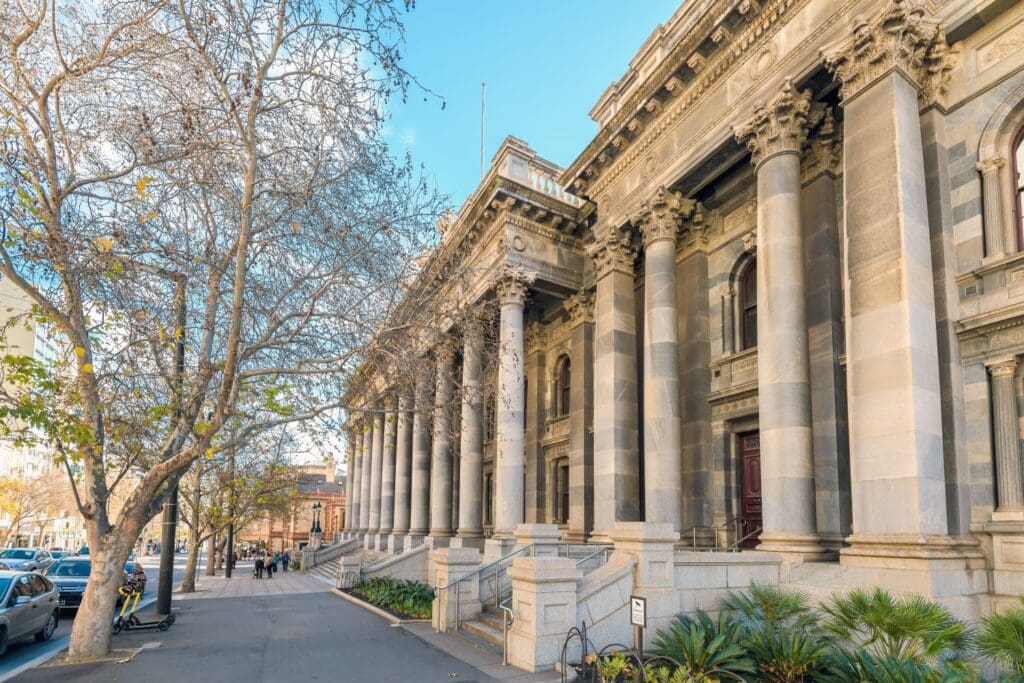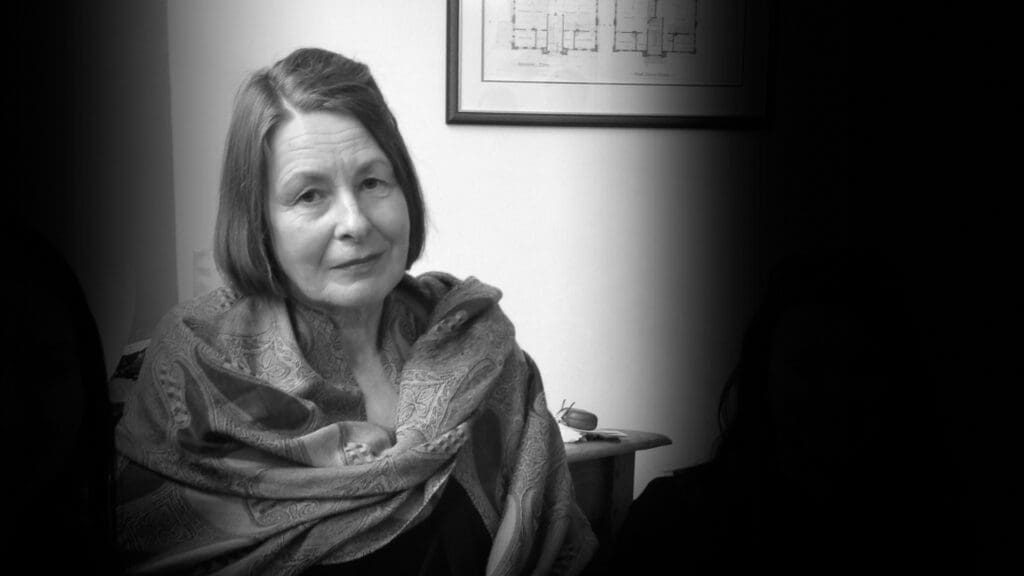Victorian Government told to stop routinely strip searching women in prison
Women in Victorian prisons are being regularly and routinely subjected to degrading strip-searches, a new report from the Human Rights Law Centre has found.
The report, released today, calls on the Victorian Government to end the practice of routinely strip searching women, and includes:
- Interviews with women who were previously imprisoned.
- Data obtained through freedom of information laws showing that in one year around 12,400 strip searches were conducted on women, producing only 14 items of contraband, mostly tobacco.
- Examples of jurisdictions, like the ACT and the UK, which only use strip searches as a last resort and when absolutely necessary, and rather employ modern technology, such as scanners and x-rays, to check for contraband.
Ruth Barson, Director of Legal Advocacy at the Human Rights Law Centre, said that the report shows that strip-searches are being used excessively, indiscriminately and harmfully.
“The Government should end the practice of routinely and regularly strip searching every single woman in prison. It causes needless suffering. There are far more effective and less intrusive ways of checking for contraband. Being forced to remove every last item of clothing again and again, strips women of dignity and of hope. Wherever and whenever possible, women should be spared this trauma,” said Ms Barson.
Women in prisons are currently strip searched on a routine basis: upon entry to the prison, when having a contact visit with family, support people or friends, when leaving the prison, such as to see a doctor, or when undertaking community work or attending court.
Vickie Roach, an Aboriginal woman and activist, who is a survivor of family violence and was previously imprisoned, said forcing women to strip-naked in front of two guards undermines women’s sense of self-worth – the very thing they need to rebuild their lives.
“There is no evidence-base for strip searches. They only serve to degrade and humiliate and assert control over our bodies, our naked bodies. We should be helping women to heal, not harming them further,” said Ms Roach.

The HRLC’s report: Total Control, Ending the routine strip searching of women in Victoria’s prisons is available here.
There are currently approximately 500 women in prison in Victoria. Close to 40 per cent are on remand and not yet sentenced. Ruth Barson said that almost all women in prison carry deep scars from being victims of family violence or sexual assault.
“Strip searches are uniquely invasive. Women told us that the disempowerment and humiliation involved in strip searches reminded them of past abuse. The Government should do away with the archaic practice of routinely strip-searching every last woman in prison,” said Ms Barson.
The UK and the ACT have both modernised and humanised prison policies – a strip search is only conducted where there is a reasonable suspicion that a woman is concealing contraband, and after less intrusive methods, such as pat-downs, scanners and x-rays, have been attempted.
“The blanket rule of routinely strip searching every single woman in custody is completely excessive. Every time a mother wants to hug her visiting child; every time a pregnant woman has a check-up with her doctor; every time a woman who is not yet sentenced has to attend court – she is subjected to a strip search,” said Ms Barson.
The data provided to the HRLC showed that for every 1,000 strip searches conducted, only one item of contraband is detected. The data also showed that no weapons, drugs or other serious items were recorded. Ruth Barson said the figures paint a disturbing picture of women being indiscriminately subjected to the humiliation of a strip search.
“Prisons should not re-traumatise already vulnerable women. The punishment when a woman is sent to prison is the loss of liberty – nobody should be stripped of their humanity or their dignity,” said Ms Barson.
The HRLC’s report Total Control, Ending the routine strip searching of women in Victoria’s prisons is available here.
A summary of the report’s key finding is available here.
For interviews or further information please call:
Alycia Gawthorne, Communications Officer, Human Rights Law Centre, 0425 016 380
Media Enquiries
Chandi Bates
Media and Communications Manager

Rio Tinto to face scrutiny at AGM for response to Panguna mine disaster
As shareholders meet in Perth today for Rio Tinto’s AGM, communities living with the ongoing devastation from Rio Tinto’s former Panguna mine are calling for the company to urgently commit to funding long-term solutions.
Read more
Malinauskas Government must take historic opportunity and adopt Human Rights Act after inquiry recommendation
The Human Rights Law Centre has congratulated the South Australian parliamentary inquiry recommendation for a South Australian Human Rights Act.
Read more
Legal challenge filed against Tasmanian Parole Board’s decision to gag free speech
The Human Rights Law Centre has filed legal proceedings on behalf of Tasmanian grandmother, Susan Neill-Fraser, to challenge a restrictive parole condition placed on her by the Tasmanian Parole Board seeking to limit her ability to speak to the media.
Read more


